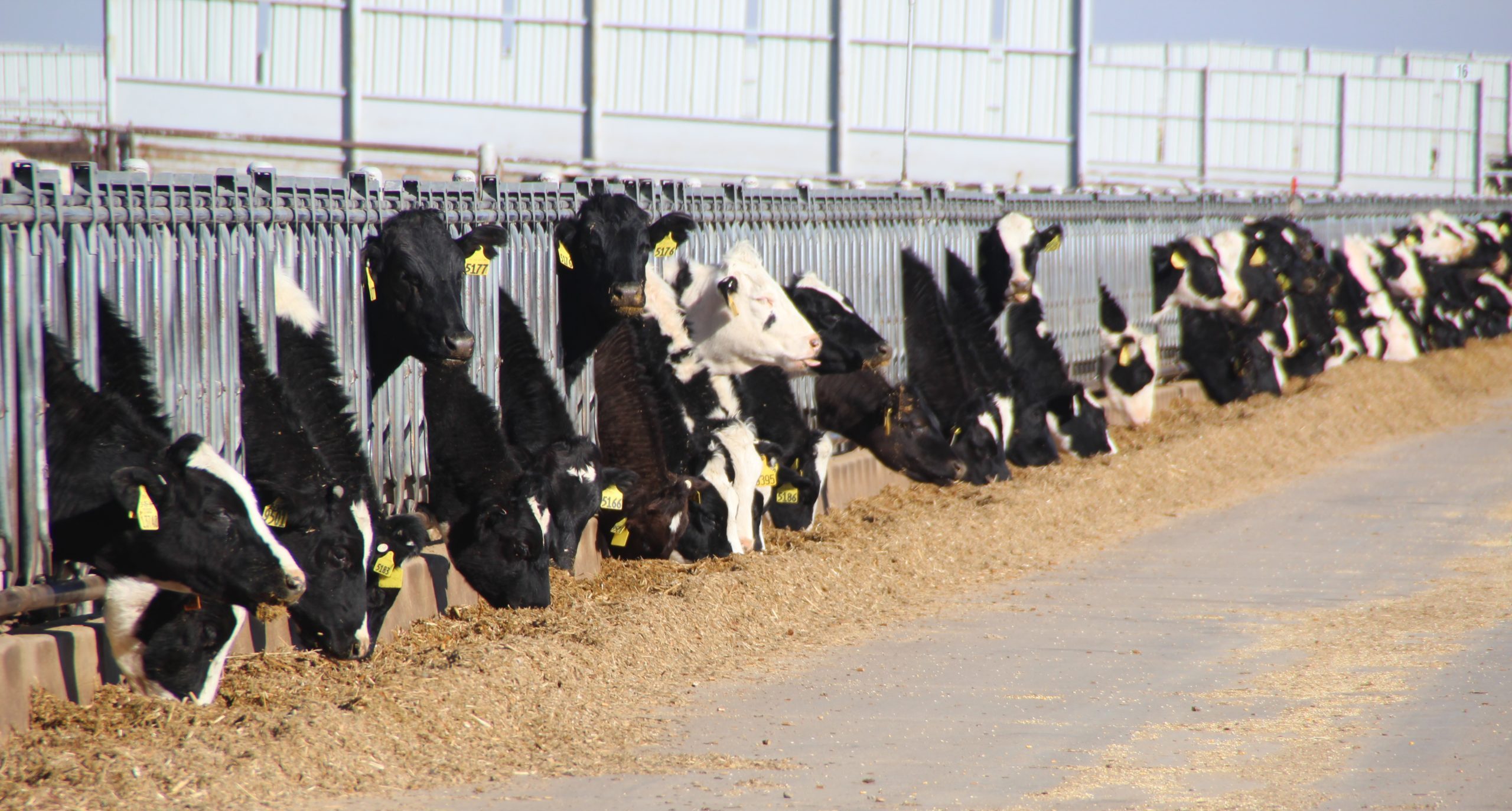USDA, FDA and CDC issue update on HPAI detections in dairy cattle

Multiple states monitoring HPAI presence
The U.S. Department of Agriculture’s Animal and Plant Health Inspection Service announced that another case of highly pathogenic avian influenza has been confirmed in a dairy herd in Idaho, according to an April 2 news release. The presumptive positive test results were confirmed March 29 by the National Veterinary Services Laboratories in Ames, Iowa.
This marks the first known case of HPAI in cattle in Idaho. To date, USDA has confirmed the detection of HPAI in dairy herds in Texas (7), Kansas (2), Michigan (1) and New Mexico (1). There are currently confirmatory tests on presumptive positive results being performed at NVSL from Kansas, New Mexico, Ohio and Texas.
“It is important to note that, while these samples are from cattle with at least some clinical signs in common with other cattle diagnosed with HPAI, the presence of HPAI should not be considered confirmed until the NVSL analysis is complete,” the release stated.
Kansas update, March 25
Two commercial dairy operations were identified by the USDA-APHIS and are the first cases of HPAI in commercial dairy operations in Kansas. No changes to the virus indicated mammal to mammal transmission.
According to the KDA, there is no concern about the safety of the commercial milk supply. Dairy products can be safely consumed because of pasteurization. In line with long-standing policy, the CDC does not recommend consuming unpasteurized milk or raw milk. Dairies are also required to only allow milk from healthy animals to enter the food supply chain.
KDA encourages all dairy producers to closely monitor their herd and contact their veterinarian if cattle appear infected. Symptoms are mostly restricted to late-stage lactating cows and include a drop in milk production, loss of appetite and changes in manure consistency. Dairy producers should minimize wildlife access to dairy cattle’s water and feed sources.
Nebraska, April 1 update
The Nebraska Department of Agriculture is monitoring the detection of HPAI virus in dairy cattle. According to the April 1 release from NDA, there have been no reported detections of HPAI in the state’s dairy cattle or other livestock.
To protect the dairy herd in Nebraska, NDA is issuing an importation order effective immediately. The importation order will require all breeding female dairy cattle entering the state of Nebraska to obtain a permit issued by NDA prior to entry. To obtain a permit, producers will need to contact the NDA at 402-471-2351. The new importation order will be in place for 30 days until April 30 and will be re-evaluated at that time. More information is available on NDA’s website at nda.nebraska.gov/animal/imports.
“Animal health and disease control are essential to the livestock industry and health of Nebraska’s economy,” NDA Director Sherry Vinton said in a release. “NDA is closely monitoring this HPAI illness in livestock. We will do what’s right to advocate for Nebraska producers, to protect the health of Nebraska livestock and to minimize the impact HPAI will have on dairy producers in the state.”
Texas, April 2 update
Cal-Maine Foods, Inc., a poultry facility in Farwell, Texas, has received official notice of a positive test for H5N1, according to a release from Texas Agriculture Commissioner Sid Miller on April 2. USDA guidance for poultry infections calls for Cal-Maine to depopulate 1.6 million laying hens and 337,000 pullets at its Farwell facility. This accounts for approximately 3.6% of the company’s total flock as of March 2. Production at the facility has temporarily ceased as Cal-Maine Foods initiates protocols prescribed by the USDA.
“This is absolutely devastating news for Cal-Maine and the entire Panhandle region, which has already suffered so much,” Miller said in the news release. “Given this latest development, all producers must practice heightened biosecurity measures. The rapid spread of this virus means we must act quickly.”
According to Miller, “Consumers should be assured that rigorous safety measures and pasteurization protocols ensure that dairy products remain unaffected by HPAI. Dairies are required to destroy or divert milk from any sick cows.”
New Mexico, April 1 update
A news release dated April 1 from the USDA-APHIS confirmed the detection of HPAI in a dairy herd in New Mexico, as well as five additional dairy herds in Texas.
Sign up for HPJ Insights
Our weekly newsletter delivers the latest news straight to your inbox including breaking news, our exclusive columns and much more.
This marks the first known case of HPAI in dairy cattle in New Mexico, and it adds to the two detections in Texas that were first announced March 25 by USDA-APHIS.
APHIS continues to work closely with the FDA and CDC, as well as state veterinary and public health officials, to investigate and diagnose activities regarding the illness in dairy cows.
Other states
Oklahoma and Colorado haven’t reported any cases of HPAI in poultry flocks since late 2023. News reports in multiple states indicate there have been poultry flocks, cattle and small ruminants diagnosed, however. Between March 7 and 20, the virus was confirmed in flocks in six states, including a commercial facility in South Dakota affecting more than 31,000 birds. The rest of the flocks affected, however, numbered between 10 and 280 birds. On March 20, the Minnesota Board of Animal Health reported HPAI in a juvenile goat, marking the first case of the virus in a domestic ruminant in the United States.
For more information about HPAI visit https://www.aphis.usda.gov/livestock-poultry-disease/avian/avian-influenza.
For information about HPAI in livestock visit https://www.aphis.usda.gov/livestock-poultry-disease/avian/avian-influenza/hpai-detections/livestock.
Kylene Scott can be reached at 620-227-1804 or [email protected].



